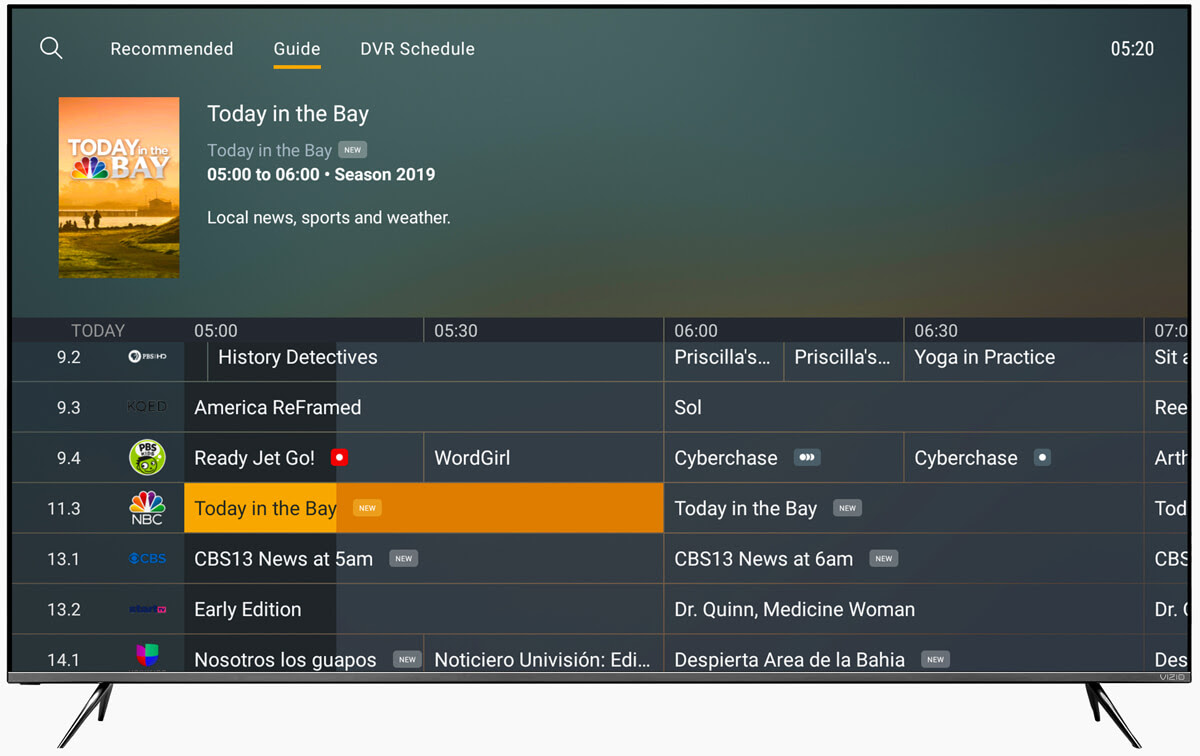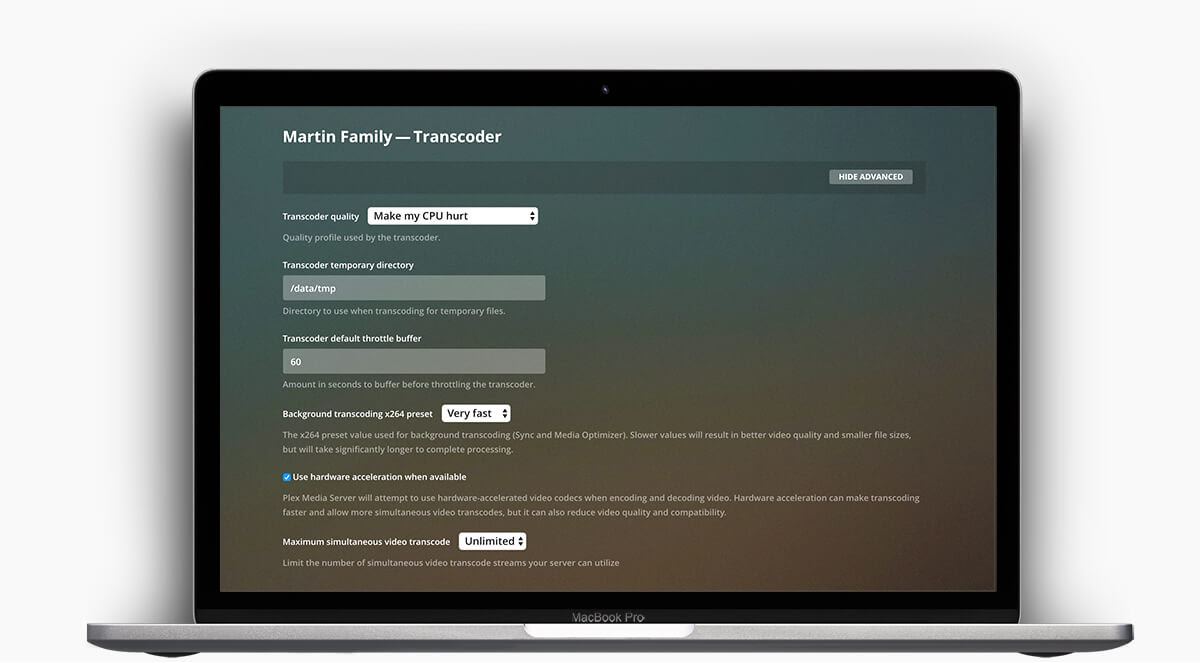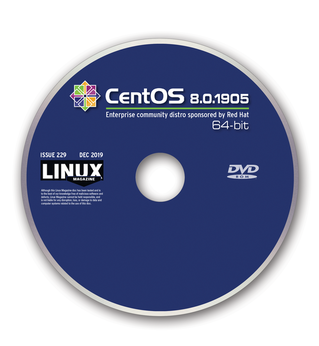---------- Forwarded message ---------
From: Steve Beattie
Date: Oct 5, 2019 1:37AM
It was discovered that the Intel Wi-Fi device driver in the Linux kernel
did not properly validate certain Tunneled Direct Link Setup (TDLS). A
physically proximate attacker could use this to cause a denial of service
(Wi-Fi disconnect). (CVE-2019-0136)
It was discovered that the Bluetooth UART implementation in the Linux
kernel did not properly check for missing tty operations. A local attacker
could use this to cause a denial of service. (CVE-2019-10207)
It was discovered that the GTCO tablet input driver in the Linux kernel did
not properly bounds check the initial HID report sent by the device. A
physically proximate attacker could use this to cause a denial of service
(system crash) or possibly execute arbitrary code. (CVE-2019-13631)
It was discovered that an out-of-bounds read existed in the QLogic QEDI
iSCSI Initiator Driver in the Linux kernel. A local attacker could possibly
use this to expose sensitive information (kernel memory). (CVE-2019-15090)
Hui Peng and Mathias Payer discovered that the USB audio driver for the
Linux kernel did not properly validate device meta data. A physically
proximate attacker could use this to cause a denial of service (system
crash). (CVE-2019-15117)
Hui Peng and Mathias Payer discovered that the USB audio driver for the
Linux kernel improperly performed recursion while handling device meta
data. A physically proximate attacker could use this to cause a denial of
service (system crash). (CVE-2019-15118)
It was discovered that the Raremono AM/FM/SW radio device driver in the
Linux kernel did not properly allocate memory, leading to a use-after-free.
A physically proximate attacker could use this to cause a denial of service
or possibly execute arbitrary code. (CVE-2019-15211)
It was discovered at a double-free error existed in the USB Rio 500 device
driver for the Linux kernel. A physically proximate attacker could use this
to cause a denial of service. (CVE-2019-15212)
It was discovered that a race condition existed in the CPiA2 video4linux
device driver for the Linux kernel, leading to a use-after-free. A
physically proximate attacker could use this to cause a denial of service
(system crash) or possibly execute arbitrary code. (CVE-2019-15215)
It was discovered that a race condition existed in the Softmac USB Prism54
device driver in the Linux kernel. A physically proximate attacker could
use this to cause a denial of service (system crash). (CVE-2019-15220)
Benjamin Moody discovered that the XFS file system in the Linux kernel did
not properly handle an error condition when out of disk quota. A local
attacker could possibly use this to cause a denial of service.
(CVE-2019-15538)
It was discovered that the Hisilicon HNS3 ethernet device driver in the
Linux kernel contained an out of bounds access vulnerability. A local
attacker could use this to possibly cause a denial of service (system
crash). (CVE-2019-15925)
It was discovered that the Atheros mobile chipset driver in the Linux
kernel did not properly validate data in some situations. An attacker could
use this to cause a denial of service (system crash). (CVE-2019-15926)
Daniele Antonioli, Nils Ole Tippenhauer, and Kasper B. Rasmussen discovered
that the Bluetooth protocol BR/EDR specification did not properly require
sufficiently strong encryption key lengths. A physically proximate attacker
could use this to expose sensitive information. (CVE-2019-9506)
It was discovered that ZR364XX Camera USB device driver for the Linux
kernel did not properly initialize memory. A physically proximate attacker
could use this to cause a denial of service (system crash).
(CVE-2019-15217)
It was discovered that the Siano USB MDTV receiver device driver in the
Linux kernel made improper assumptions about the device characteristics. A
physically proximate attacker could use this cause a denial of service
(system crash). (CVE-2019-15218)
It was discovered that the Line 6 POD USB device driver in the Linux kernel
did not properly validate data size information from the device. A
physically proximate attacker could use this to cause a denial of service
(system crash). (CVE-2019-15221)
It was discovered that the Line 6 USB driver for the Linux kernel contained
a race condition when the device was disconnected. A physically proximate
attacker could use this to cause a denial of service (system crash).
(CVE-2019-15223)
References:
https://usn.ubuntu.com/4147-1
CVE-2019-0136, CVE-2019-10207, CVE-2019-13631, CVE-2019-15090,
CVE-2019-15117, CVE-2019-15118, CVE-2019-15211, CVE-2019-15212,
CVE-2019-15215, CVE-2019-15217, CVE-2019-15218, CVE-2019-15220,
CVE-2019-15221, CVE-2019-15223, CVE-2019-15538, CVE-2019-15925,
CVE-2019-15926, CVE-2019-9506











